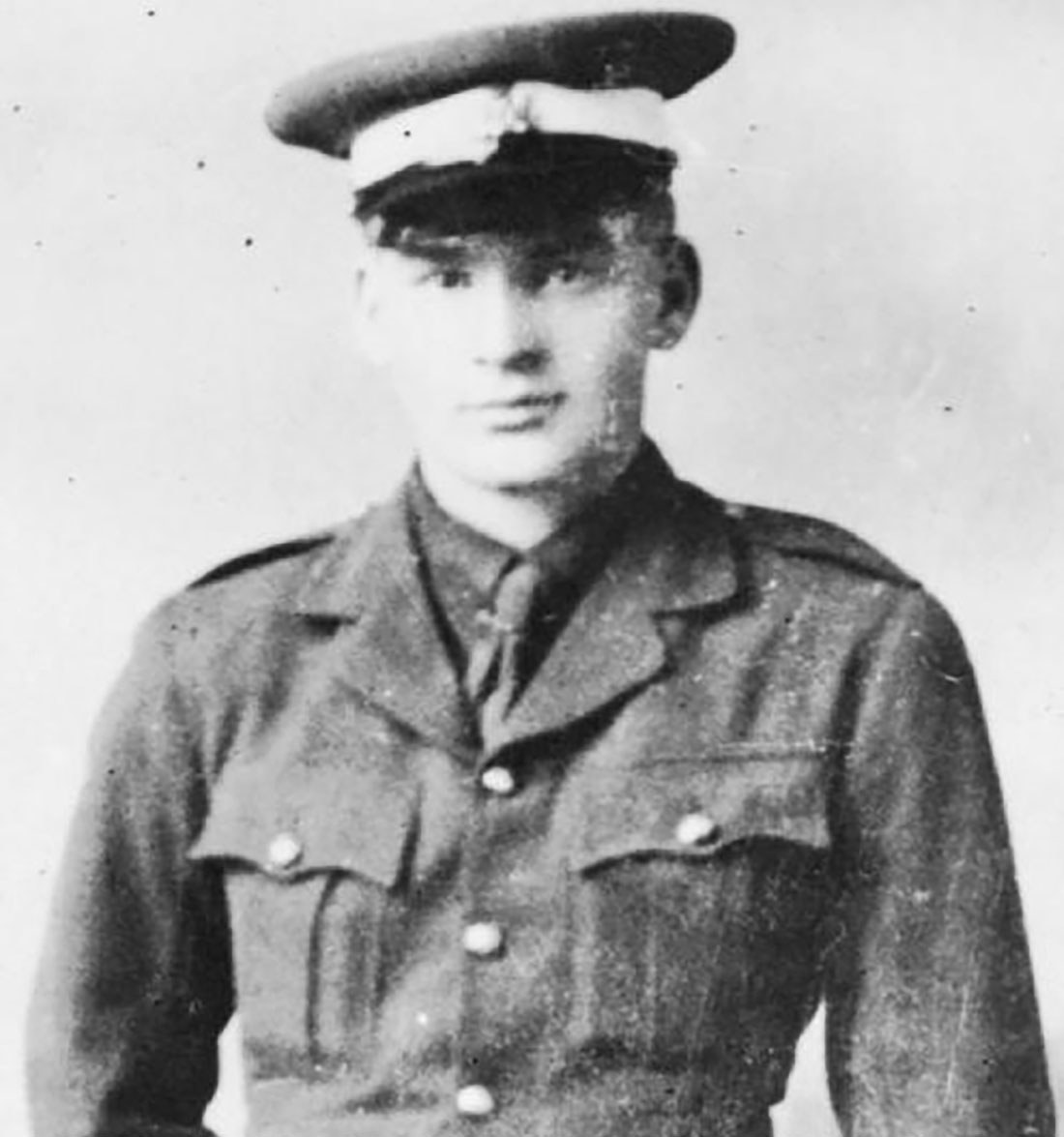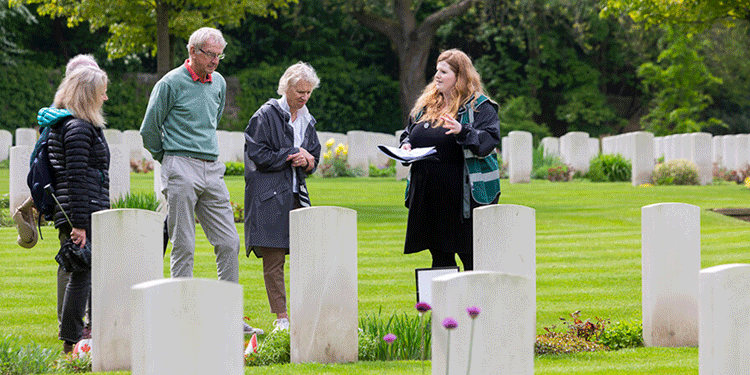
William David Kenny is one of the later casualties CWGC commemorates, his death falling outside the traditional timeframes of the First World War.
The fighting on the Western Front lasted from 1914-1918, but other areas of the world bore witness to combat long after these dates.
The official end of the First World War in the United Kingdom is given as 31 August 1921, following the passing of the Termination of the Present War Act, 1918.
As such, William falls within the scope of the Commonwealth War Graves Commission’s commemoration policies and timelines.
William was born in Saintfield, County Down, Ireland on 1 February 1899.
By 1916, William had been commissioned as a Second Lieutenant in the Indian Army in August 1918 and was promoted to Lieutenant in 1919.
As a 20-year-old lieutenant with the 4/39th Garhwal Rifles, William fought in the Waziristan Campaign, fighting against the fiercely independent tribesmen who lived in the region’s mountain valleys.
William sadly lost his life but showed incredible courage and bravery in combat. For his actions, William was posthumously awarded the Victoria Cross.
His medal citation, as given by the War Office in 9 September 1920, gives the following details:
“For most conspicuous bravery and devotion to duty near Kot Kai (Waziristan), on the 2 January, 1920, when in command of a company holding an advanced covering position, which was repeatedly attacked by the Mahsuds in greatly superior numbers.
“For over four hours this officer maintained his position, repulsing three determined attacks, being foremost in the hand-to-hand fighting which took place, and repeatedly engaging the enemy with bomb and bayonet.
“His gallant leadership undoubtedly saved the situation and kept intact the right flank, on which depended the success of the operation and the safety of the troops in rear.
“In the subsequent withdrawal, recognising that a diversion was necessa ry to enable the withdrawal of the company, which was impeded by their wounded, with a handful of his men he turned back and counter-attacked the pursuing enemy, and, with the rest of his party, was killed fighting to the last.
“This very gallant act of self-sacrifice not only enabled the wounded to be withdrawn, but also averted a situation which must have resulted in considerable loss of life.”
William is commemorated by Commonwealth War Graves on the Delhi Memorial (India Gate).


